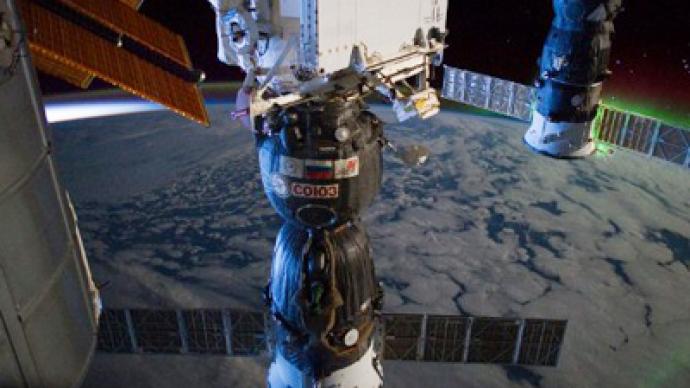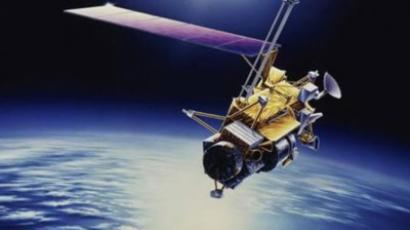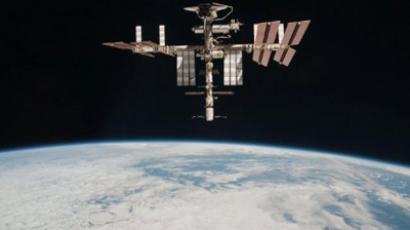Near miss: ISS narrowly escapes debris disaster

A fragment of Russian satellite Cosmos-2251 has passed at a dangerous distance from the ISS. For security reasons the crew was told to get ready for evacuation and take their seats in Soyuz spacecraft.
The wreckage passed the station at a speed of 26,1690 km/h at approximately 07:25 GMT. The distance to the object was about 14 kilometers, but a precautionary measure was considered prudent.The current ISS crew consists of six people. NASA astronaut commander Daniel Burbank and Russian cosmonauts Anton Shkaplerov and Anatoly Ivanishin were assigned to move to Soyuz TMA-22, while cosmonaut Oleg Kononenko, US astronaut Don Pettit, European astronaut André Kuipers took seats in Soyuz TMA-03M.Both ships are now docked with the Russian segment of the ISS.Russian satellite Cosmos-2251 (type Strela-2M) was launched on June 16, 1993 from Plesetsk Cosmodrome. On February 10, 2009, the satellite collided with America’s Iridium-33 at the height of 790 kilometers. Both satellites were completely destroyed. The incident became the first of its kind in space exploration history.Satellite Cosmos-2251 split into some 600 fragments larger than five centimeters, and thousands more smaller pieces.The space rubbish was only observed on Friday, so the launch control center has had no time to correct the orbit of the ISS. This is the third incident of this nature in the 12 years of ISS’s work in orbit.














